Drop off your CV
We serve the global HR community through our offices located in Delhi, Hong Kong, London, New York, São Paulo and Singapore and have placed HR leaders in over 30 countries.
For the past 13 years, we have run an annual HR survey globally, formerly on email and now o...
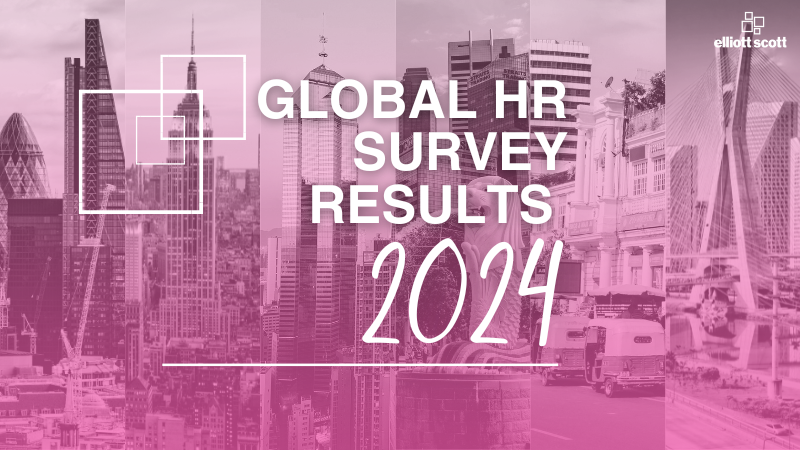
For the past 13 years, we have run an annual HR survey globally, formerly on email and now on LinkedIn which has made engaging with our community far easier. This year we asked a number of questions about the economy, the HR Market and broader sentiment. As always, the results have provided some interesting insight, showcasing what's front of mind for HR Professionals and any challenges being faced. By using LinkedIn polls we were able to give you reactive responses to the questions asked, giving you the most advanced insights on the market.
To download a comprehensive view of our results, please click here.
Firstly, a note from CEO & Founder, Stuart Elliott on the trends he has seen in Q3 globally:
Sleepy Summer & School Holidays
The biggest trend of the quarter was just how quiet things seemed to be over July and August as school holidays took hold and employees seemed to combine annual leave with working remotely. Articles such as this, imply that companies are starting to crack down on this but it was very evident that more people seemed to be away and that just delayed decision making.
The Office Comeback?
While there aren’t many clients pushing people back into the office 5 days a week, we have definitely seen a rise in the number of clients asking for at least 4 days a week. 3 days per week is still very popular, while 2 days in the office seems to be a perk just for the biggest of companies that don’t have enough desk space. 3 or 4 days a week in the office is very much the norm for a lot of places now.
Whether you are in the office or out of the office, productivity is key.
Business leaders seem to be pushing for a better office presence, with full belief that it will lead to greater productivity. HR leaders are less worried about office presence but are being asked to monitor and measure productivity in greater detail.
HR is Tired.
Recent conversations with HR have been interesting. Everyone is still very passionate about what it is they have to do and achieve; the issue is that they all seem to be very tired. The conversations remind me of those around a year after the COVID pandemic where HR was being pulled from pillar to post. Over the last 12 months most companies have been cutting back, usually meaning that HR is having those difficult conversations with people being let go, while also then managing a business that is having to re-organise. If we then layer in HR system upgrades which require time, change management expertise and a whole lot of patience then we have a group of people running on empty (and I didn’t even mention the day job).
Attrition remains historically low.
Companies are having to deal with low attrition, which is both a good and a bad thing. It is good because you aren’t dealing with lots of recruitment but it is bad because there are less opportunities being created for people and also less new/fresh ideas coming into a company. Some key points about this:
People aren’t leaving roles partly because there are less options available in the broader recruitment market.
Senior roles are seeing even less movement as people in these roles know there isn’t much out there should they need to start looking.
Companies won’t put up with this forever. Eventually we will see companies review their current talent pools and make some organisational changes to refresh their talent base. If I was in a role now, I’d be making sure my productivity levels were high.
This year's Global HR survey results:
Please click here to download a comprehensive view of our results.
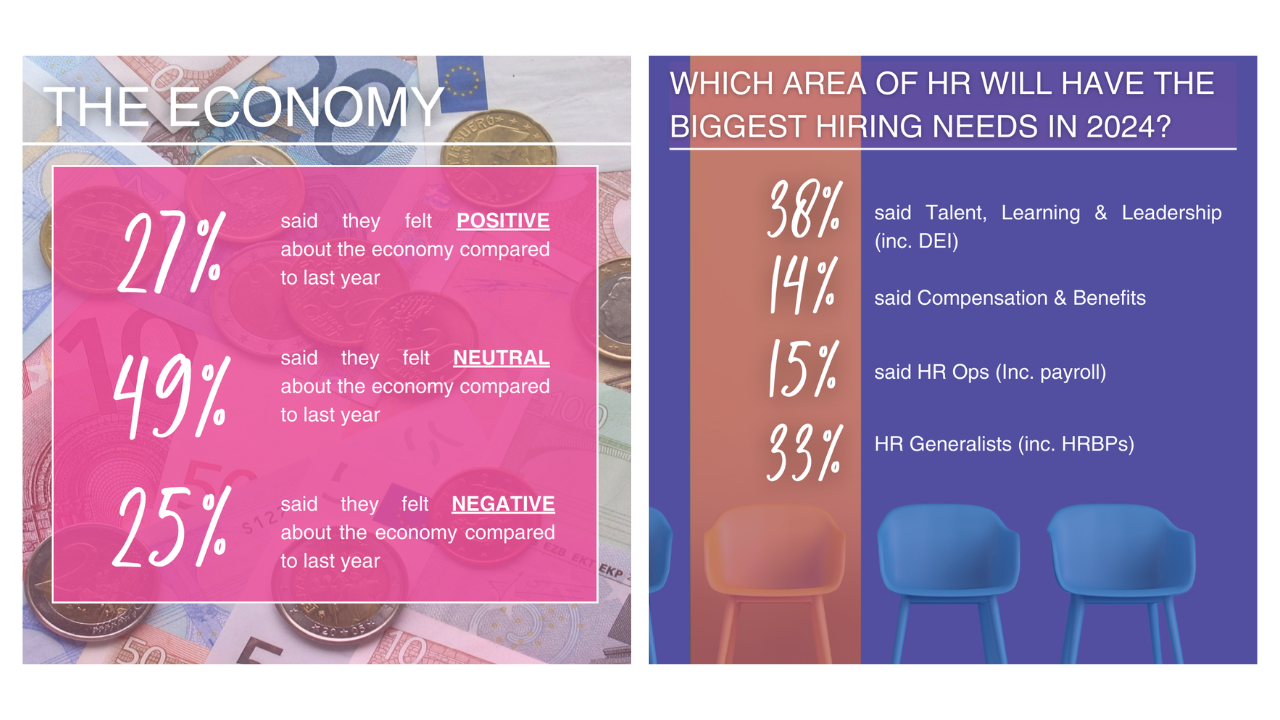
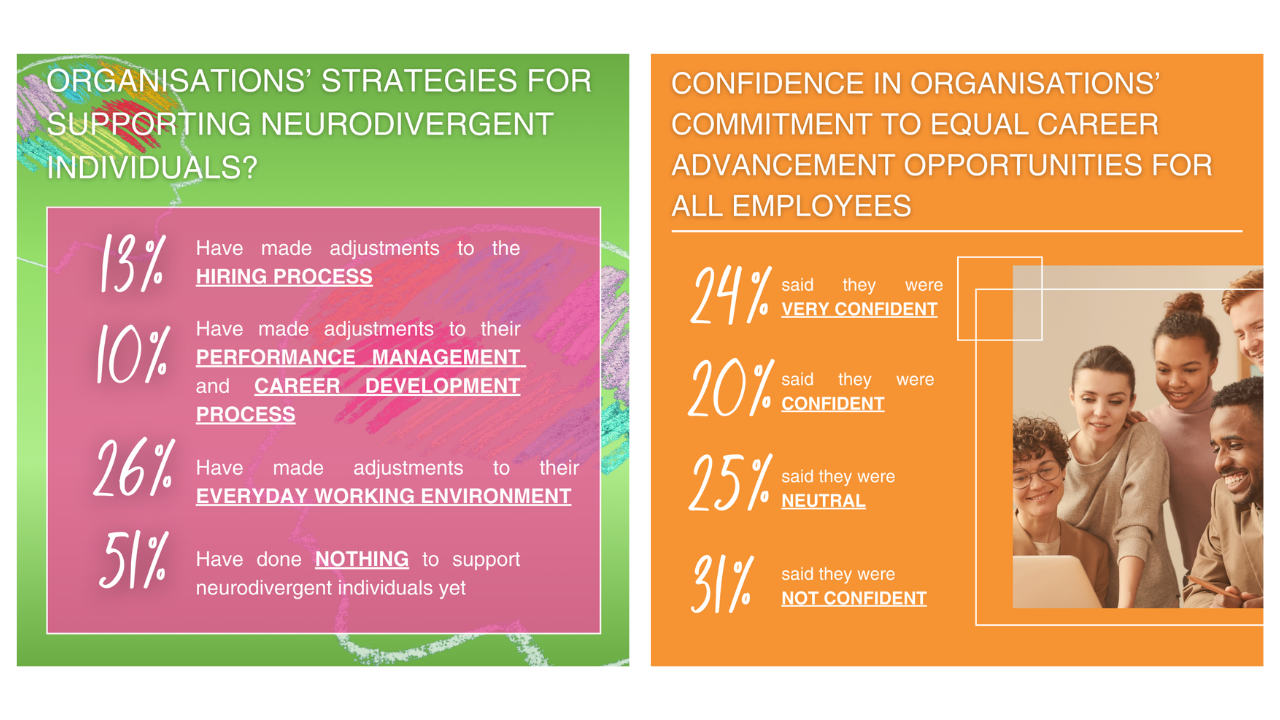
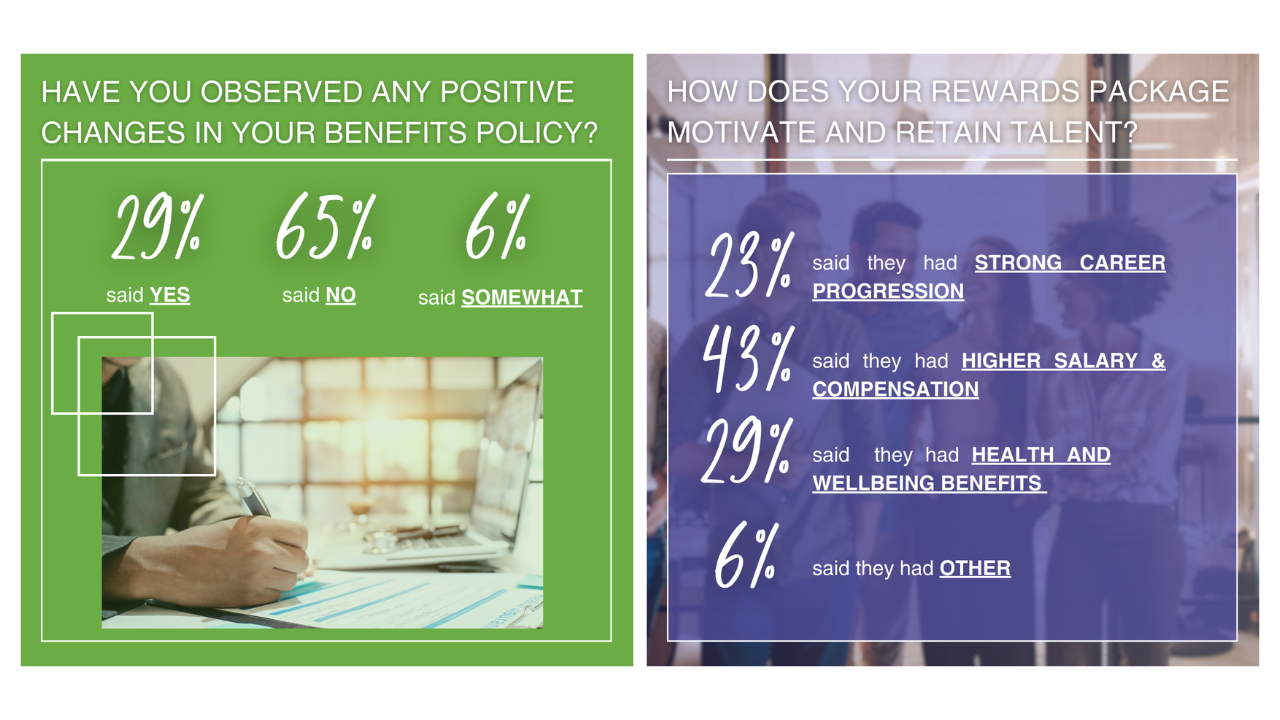
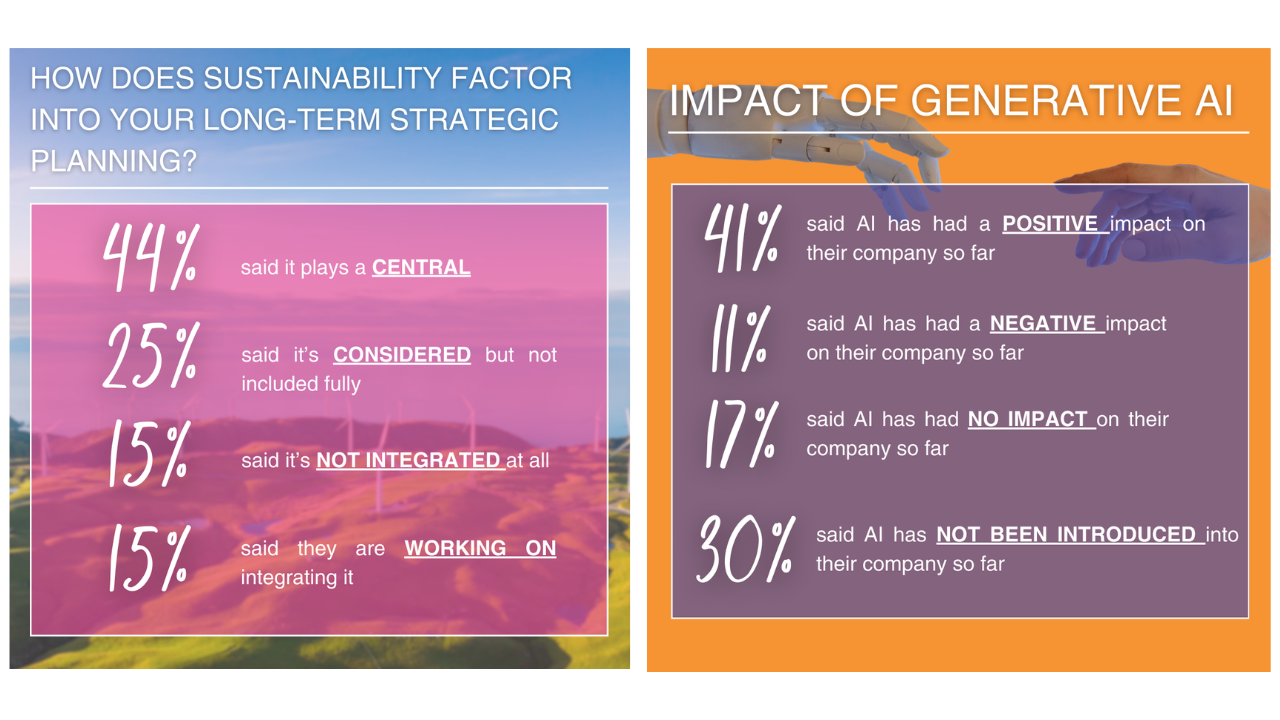
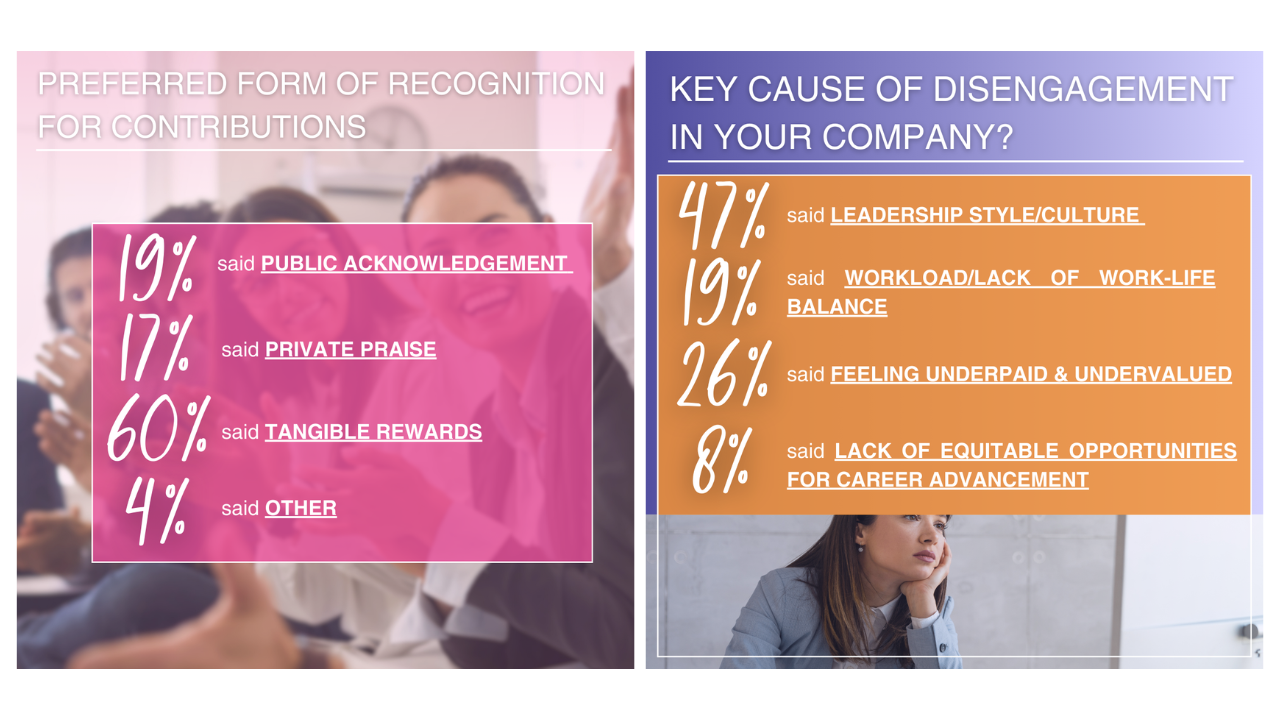
If you have any comments on the above please do not hesitate to get in touch direct on se@elliottscotthr.com.